What is seed stratification? A seed expert hails the importance of ‘crucial’ cold treatments
Cold stratification helps seeds germinate and can be done inside your refrigerator
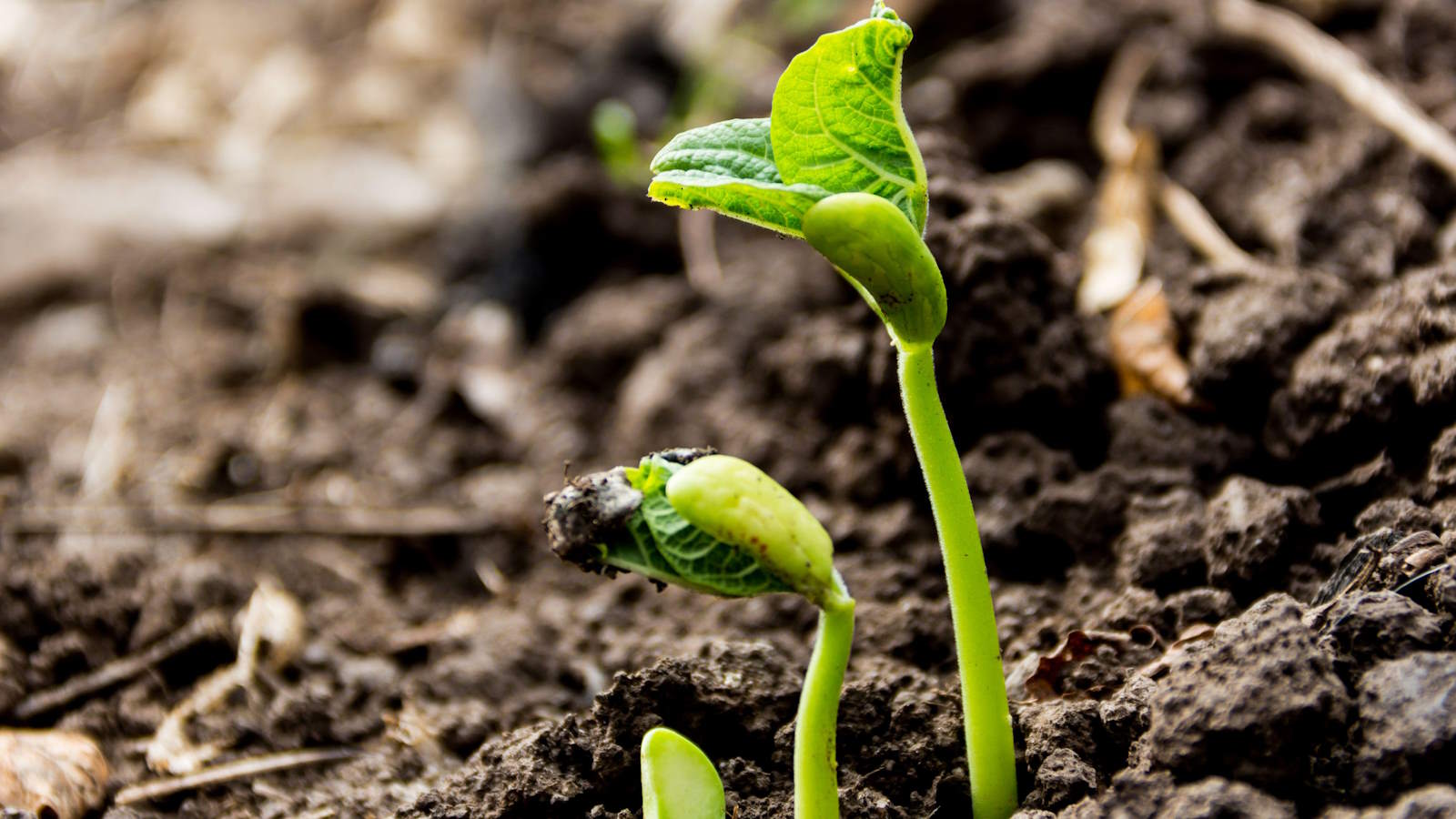

You will often see on seed packets that they benefit from a period of cold stratification, but what exactly does this mean and how simple is it to do?
Well, the good news is that it is not a tricky task to complete. It is one that can be done outdoors, or you can speed the process up by stratifying seeds indoors using your kitchen refrigerator and a bit of patience.
If you do see that a type of tree, flower, herb, or vegetable needs a period of stratification, then it is important to provide it. Not stratifying would be a seed sowing mistake that will have a massive effect on your chances of successful germination.
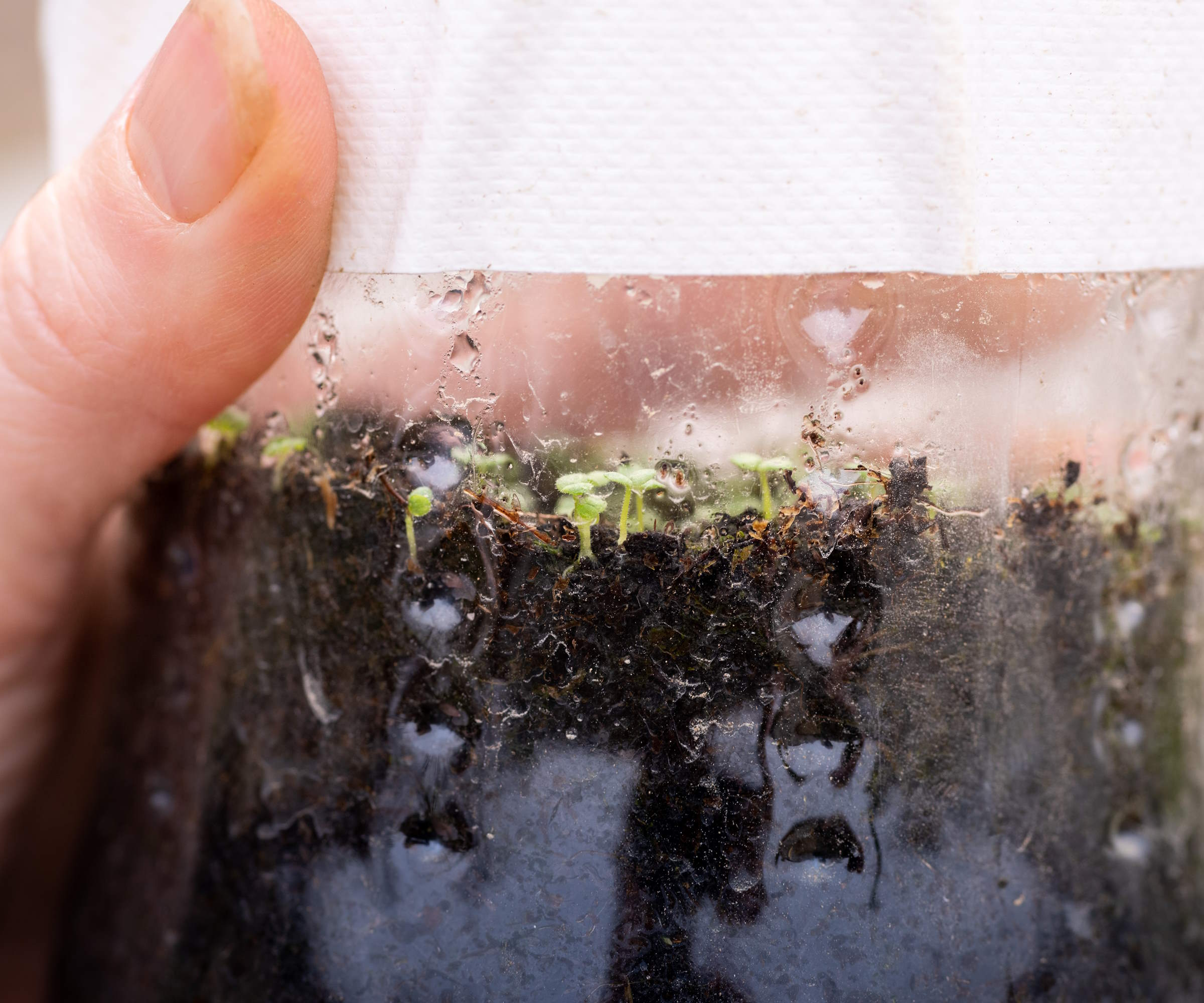
Stratification is vital to helping many seeds germinate successfully
What is cold stratification?
Cold stratification is the process of subjecting seeds to periods of cold temperatures to encourage their germination. Not all seeds require cold stratification prior to sowing, but it is hugely important for ones that do to help them break dormancy and get them ready to germinate.
‘Giving seeds the necessary cold period is crucial because it mimics their natural environment and triggers processes that prepare them for growth,’ says Skylar Christensen, senior seed specialist at Nature’s Seed. ‘If you skip cold stratification, some seeds may remain dormant and won't germinate as effectively.’
As well as cold stratification, some seeds may require a treatment of warmth prior to sowing. It is important to know if seeds require cold stratification, so check the seed packets and do your research before sowing.

Skylar Christensen is a Senior Seed Specialist at Nature's Seed. He graduated from Utah State University and has worked at Nature's Seed since 2015. Nature's Seed is based in Lehi, Utah, and is a top seller of North America's best grass seed for lawn, pasture and wildflower seed solutions
How to cold stratify seeds
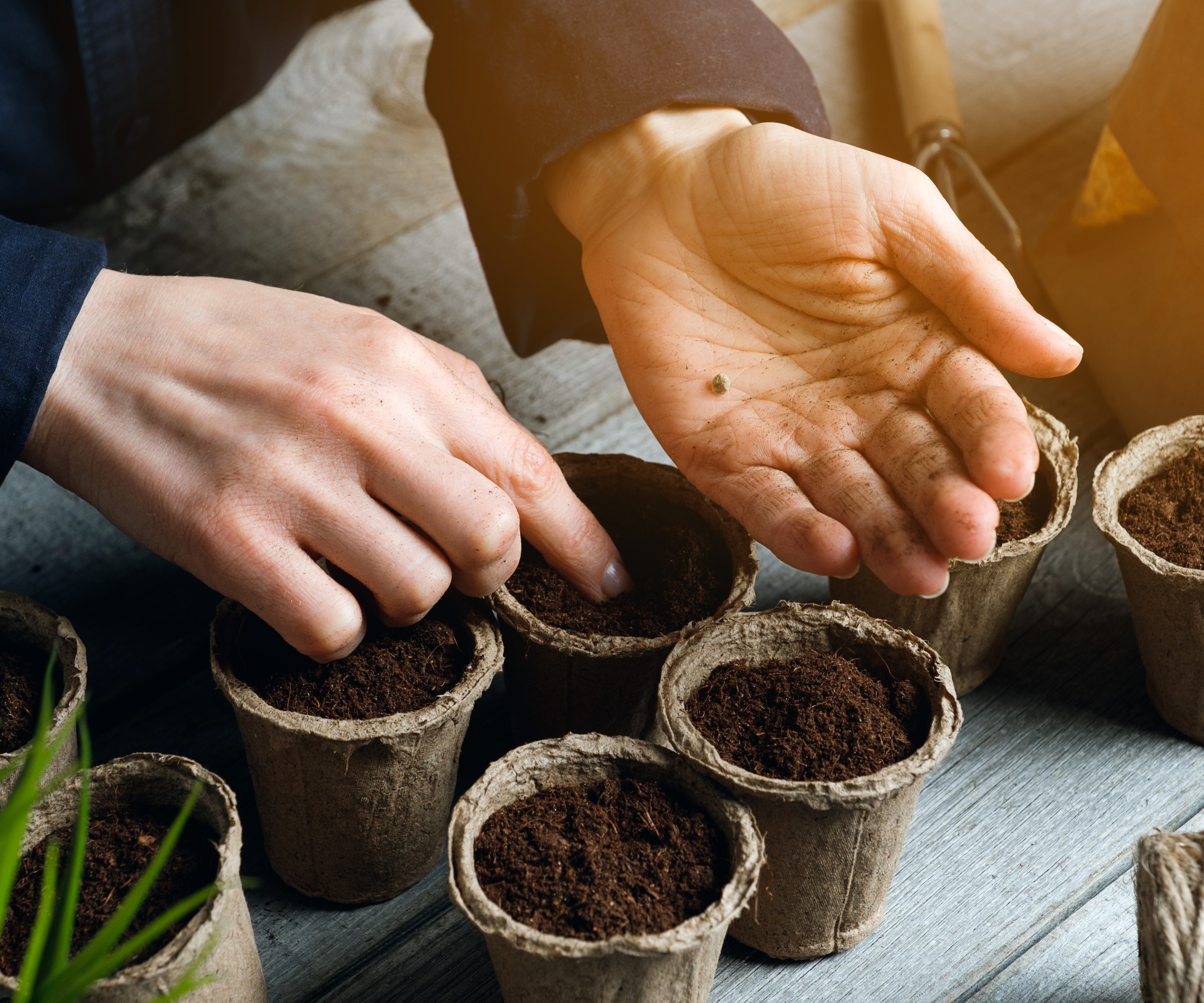
Skipping cold stratification will impact germination
There are two different seed stratification techniques you can try, either outdoors or indoors using a refrigerator. Outdoor cold stratification is best done in fall ready for the seed to germinate come spring. This is a method that truly mimics what would happen to the seed in nature.
Skylar says this method allows seeds to ‘naturally experience winter temperatures’.
For this treatment, sow the seeds directly into the ground in late summer or fall, or into pots that will spend the winter outside in the garden. The seeds should germinate come spring when the temperature rises.
The alternative, and most common technique for seed stratification, is to mimic the natural conditions by giving the seeds a period of cold inside the refrigerator. It offers several benefits and can also speed up the process, requiring between 10 days to a month inside the refrigerator rather than an entire winter outdoors.
‘The best place to stratify seeds includes your refrigerator, where temperatures can be consistently controlled,’ says Skylar. ‘For successful stratification, aim for temperatures between 32°F to 41°F for several weeks. But remember, the exact time depends on the seeds you're dealing with, so it's good to check the specifics for your plant seed species.’
Soak the seeds overnight prior to starting cold stratification, as this will help to start the process of softening the protective shells the seeds need to break through to germinate.
Seeds are best kept inside a sealed container or plastic bag when being given a period of cold stratification inside a refrigerator. The seeds should be added to a bit of moistened growing medium, such as compost, peat moss, or vermiculite, inside the bag. It is important for the material to be moist, but not soaking.
Keep different species of seeds separate when stratifying them and label the bag or container. Check the seeds regularly to spot for any signs of germination, along with any evidence of rotting or mildew forming - and remove any affected seeds as required.
Plant any seeds that are starting to germinate - either into pots filled with compost or straight into the ground - and throw away any that show signs of rotting. The exact length of time the seeds will be subjected to cold stratification will depend on the variety.
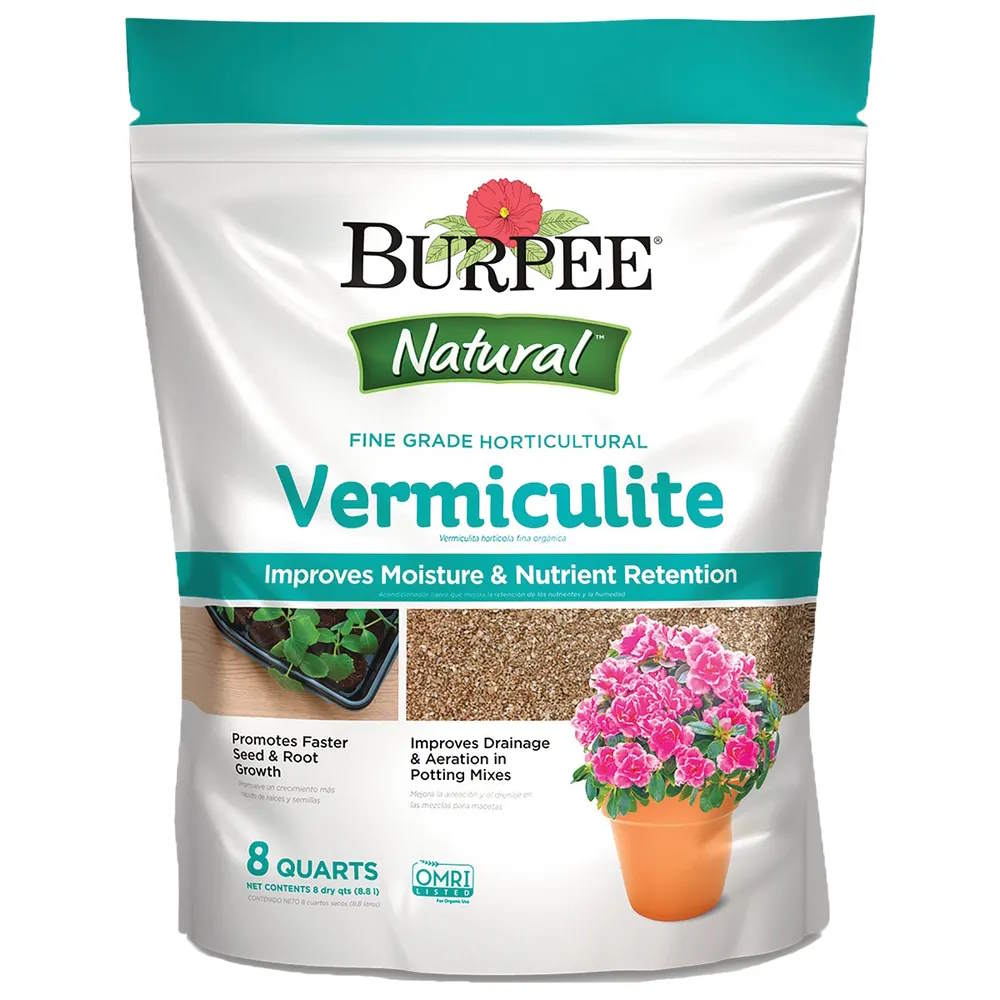
Organic Vermiculite that can be used in plant propagation - including as a growing medium in which to cold stratify seeds in a refrigerator
FAQs
What flower seeds need cold stratification?
There is a long list of flower seeds that require cold treatment. This includes some popular plants used in many people’s flower bed ideas, including aster, hollyhock, nigella, poppies, rudbeckia, and snapdragons.
What vegetable seeds need cold stratification?
Most vegetable seeds can be sown without the need for any stratification. Ones that will benefit before being added to your vegetable garden are perennial vegetables, such as asparagus and globe artichokes.
There are many herbs that can benefit from cold stratification before being planted in a herb garden, including lavender, oregano, parsley, and rosemary.
What fruit seeds need cold stratification?
It is not common practice to grow fruit trees from seed. It is possible, but will require a lot of patience. However, if you do want to grow apples, pears, peaches, or cherries their seeds will need to be cold stratified before being sown.
When your seeds have germinated thanks to the cold stratification process, and you have little seedlings, ensure to give them sufficient light. A lack of light is the usual suspect for leggy seedlings that stretch desperately towards any available light source when there is insufficient light for them to grow healthily.
Sign up to the Homes & Gardens newsletter
Design expertise in your inbox – from inspiring decorating ideas and beautiful celebrity homes to practical gardening advice and shopping round-ups.

Drew’s passion for gardening started with growing vegetables and salad in raised beds in a small urban terrace garden. He has worked as a professional gardener in historic gardens and specialises in growing vegetables, fruit, herbs, and cut flowers as a kitchen gardener. That passion for growing extends to being an allotmenteer, garden blogger, and producing how-to gardening guides for websites. Drew was shortlisted for the New Talent of the Year award at the 2023 Garden Media Guild Awards.
-
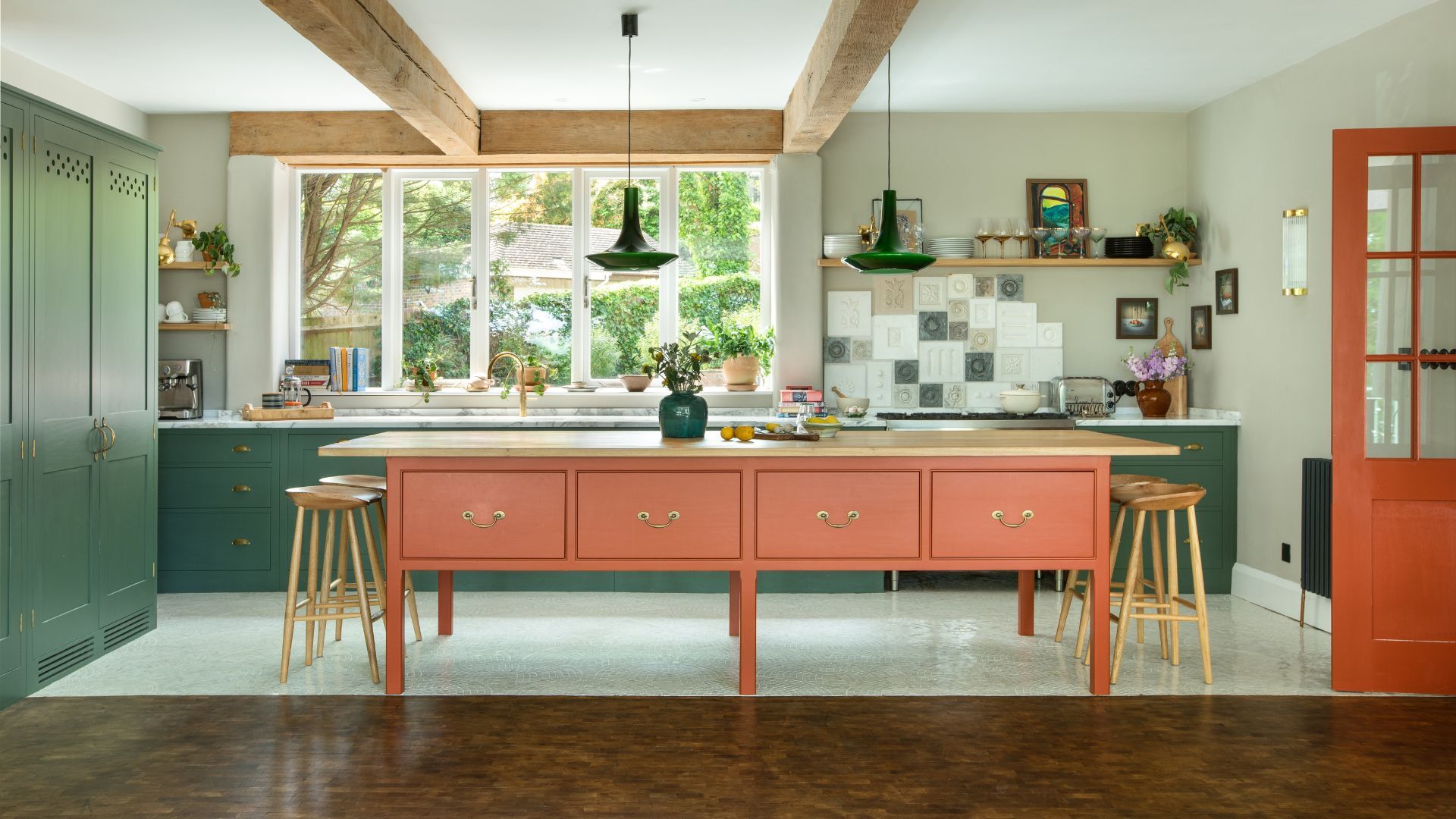 Orange and green is the bold color pairing quietly transforming homes in 2025 – here's 4 reasons why
Orange and green is the bold color pairing quietly transforming homes in 2025 – here's 4 reasons whyInterior designers are making the orange and green combination work wonders – this is how you can too
By Sophia Pouget de St Victor Published
-
 This Michelle-Pfeiffer-approved chair is made of a forebodingly unusual material, opening the debate: Is it a rustic stunner, or a danger to sitters?
This Michelle-Pfeiffer-approved chair is made of a forebodingly unusual material, opening the debate: Is it a rustic stunner, or a danger to sitters?The actress took to Instagram with a chair made of a controversially sharp material – and fans are unsure of how they feel about it
By Sophie Edwards Published